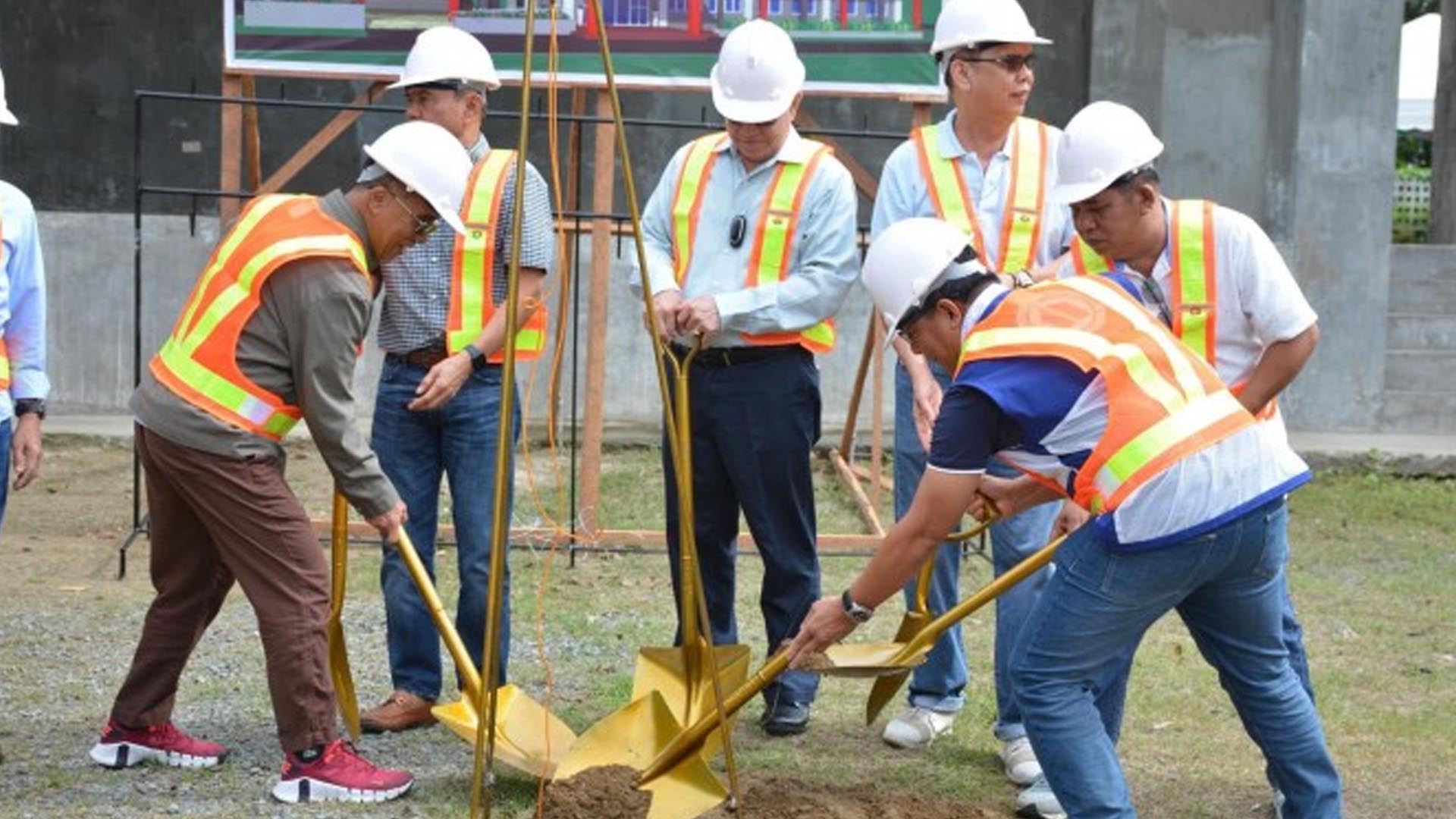Senator Francis Pangilinan on Wednesday expressed support for the Department of Agriculture’s (DA) province-led agriculture and fisheries extension system (PAFES), describing it as a key step toward strengthening local agricultural governance.
Data from the Agricultural Training Institute (ATI) showed that as of June 2025, 74 of 76 provinces have signed memoranda of agreement under the PAFES program, while 73 have established Provincial Agriculture and Fisheries Extension Committees and 55 have completed their provincial extension plans.
During the Committee on Agriculture, Food and Agrarian Reform hearing, Pangilinan stressed the need to give more authority and support to the DA—from the regional to the municipal level—to effectively organize and sustain farmers’ cooperatives nationwide.
He recalled his own experience in helping form a farmers’ cooperative in Alfonso, Cavite, which later became disorganized due to a lack of personnel to continue the program.
“That’s when I saw that if the DA wasn’t given a wider role and more personnel, not just regionally but down to the municipal level and so on, this is what would happen. If the DA, which has the power to organize cooperatives, is not given sufficient support, apart from extension services that can strengthen cooperatives, our farmers will still end up not being organized properly,” he said.
Pangilinan said this situation underscores the importance of his proposed measures to institutionalize reforms in agricultural extension and cooperative development.
He cited his pending bills in the Senate, including Senate Bill 1182 or the National Agriculture and Fisheries Extension System Act, Senate Bills 389 and 1183 on strengthening agricultural cooperatives, and Senate Bills 1199 and 1345 creating a Congressional Commission on Agriculture, Fisheries, and Food Security.
“These reforms will ensure that the DA can provide the manpower, resources, and continuity needed for organized, community-based farming to thrive,” he added.
The ATI said the province-led extension model strengthens coordination among national agencies, local governments, and state universities and colleges to ensure that agricultural programs are implemented at the grassroots level. (PNA)









